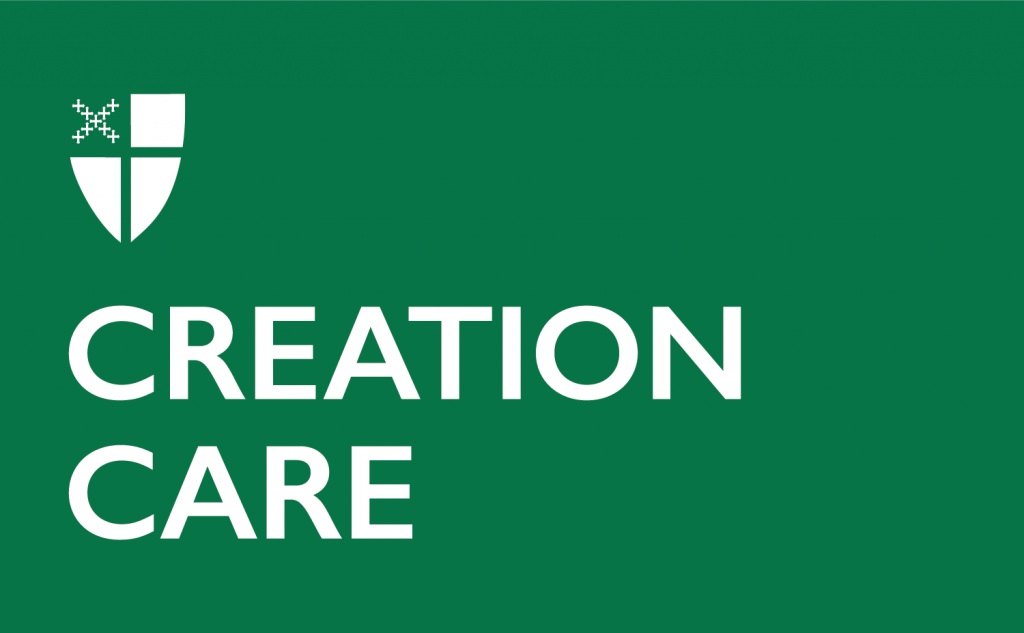The Episcopal Church Executive Council Takes a Historic Step
By John Kydd
The UNFCCC (United Nations Framework Convention on Climate Change) Paris Agreement of 2015 was a watershed in global climate negotiations. After decades of diligent negotiations, an agreement was forged. One hundred and ninety-four countries representing 98% of greenhouse gas emissions bound themselves to the accord. Per Term 4.4, “Developed countries should continue taking the lead by undertaking absolute emission reduction targets.” This was a key element for reaching the goal to limit warming to “well below 2.0C and ideally to 1.5C.” For our faith community, it was a clear covenant to enhance our emission reduction.
Today, eight years on from the Paris Agreement, we have strayed far from our promise. We have not only failed to reduce emissions, but we are also on a course to double them by 2030. Per the Stockholm Environment Institute U.N.-sponsored study as reported in the New York Times, “That means the world remains on track to produce around 110 percent more oil, gas and coal through 2030 as would be allowable if governments wanted to limit warming to 1.5 degrees Celsius, the researchers warned. The world was also set to overshoot, by 69 percent, the amount of fossil fuels consistent with limiting warming to 2 degrees Celsius.”
This truth is more than inconvenient, and it deserves more than our despair. The U.S. is one of the primary problems. In 2030, if current projections hold, the United States will drill for more oil and gas than at any point in its history. Russia and Saudi Arabia plan to do the same. The U.S. is now the world’s biggest crude oil producer and is ramping up (not down) the even more damaging production of natural gas. We are not alone in our backsliding. Brazil plans to more than double its natural gas production in the next decade, and India plans to double its coal production by 2030.
Only a handful of the largest fossil fuel producers (Germany, United Kingdom, Norway and China) are on track to reduce their total fossil fuel output by 2030. Speaking of “fossil fuel output,” it is sadly notable that the term “fossil fuels” was struck from the Paris accords by certain oil-producing countries creating an escape hatch in the center of the door of emission reduction.
Fortunately, our church, with leadership from the Rt. Rev. Marc Andrus, Bishop of California, has joined the effort to close this loophole by endorsing the Fossil Fuel Non-Proliferation Treaty Initiative initially proposed by Vanuatu, Tuvalu, and other Pacific Island nations, as well as the European Union and the World Health Organization. The endorsements are many and growing fast.
This is a bus every diocese should consider catching. It’s time to stand for the truth. As Jesus said in John 18:37, “For this I was born, for this I came into the world, to testify to the truth. Anyone who belongs to the truth listens to my voice.”
As Jesus invites us to belong to the truth, our faith gives us the courage to together live the truth of the change we need to achieve. Pope Francis faced this anew on the fourth of October, writing, “We must move beyond the mentality of appearing to be concerned but not having the courage needed to produce substantial changes. To seek only a technical remedy….is to separate what is in reality interconnected and to mask the true and deepest problems…. To suppose that all problems of the future can be solved by new technical interventions is a form of homicidal pragmatism.”
The world needs a religion of courageous transformation. Is not this the work our church was made for?

DECEMBER 2: Kausea Natano, Prime Minister of Tuvalu, speaks onstage during the High-Level Segment for Heads of State and Government at the UN Climate Change Conference COP28 at Expo City Dubai on December 2, 2023, in Dubai, United Arab Emirates. (Photo by COP28 / Christopher Pike). “A year ago, Tuvalu brought the call for a Fossil Fuel Non-Proliferation Treaty to the UN Climate Talks for the first time. Today, we are proud to be part of a bloc of 10 nations from 4 continents spearheading this proposal, now including Colombia…”
John Kydd lives on the unceded land of the Suquamish People (People of the Clear Water). He serves as a missioner for climate justice in the Episcopal Diocese of Olympia and has attended Conference of the Parties, COP 26 and COP 27. He is interested in supporting clergy and congregations to address and enhance their relations with creation and promotion of climate justice.

